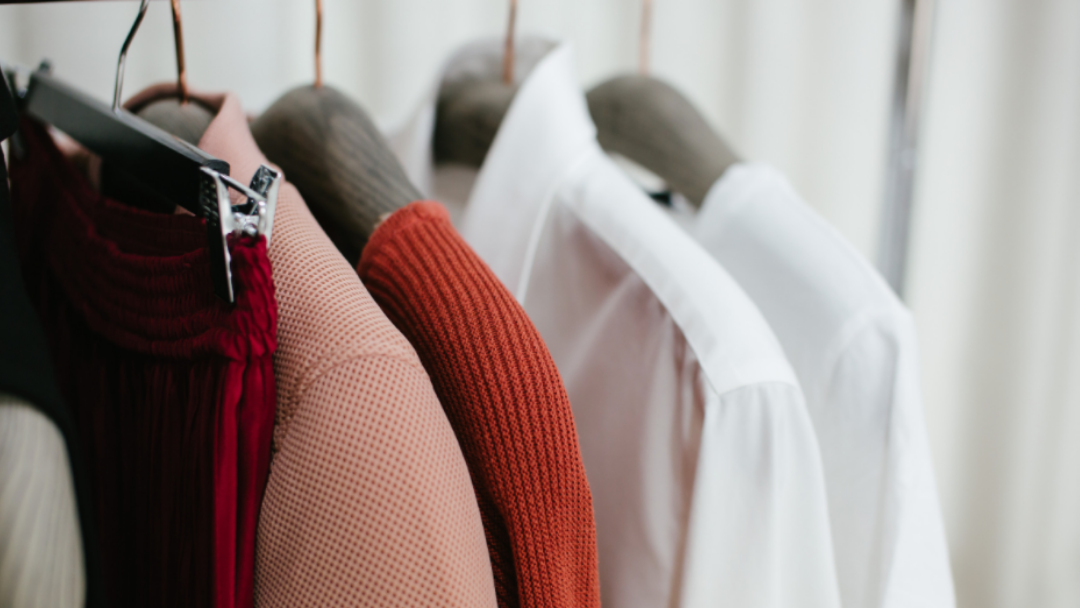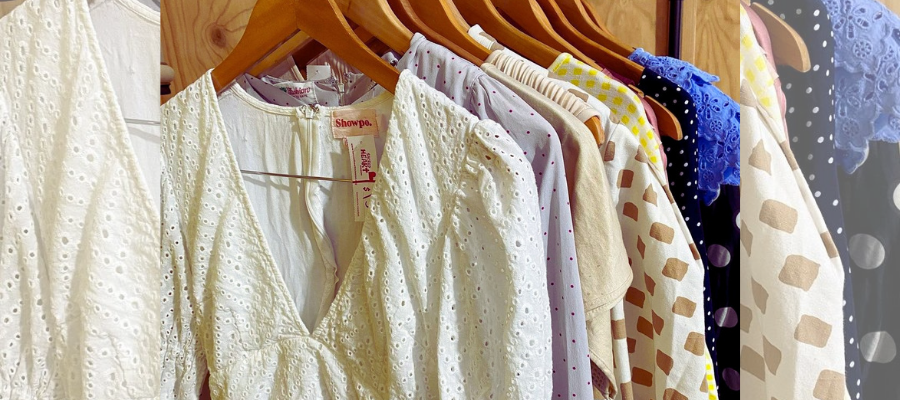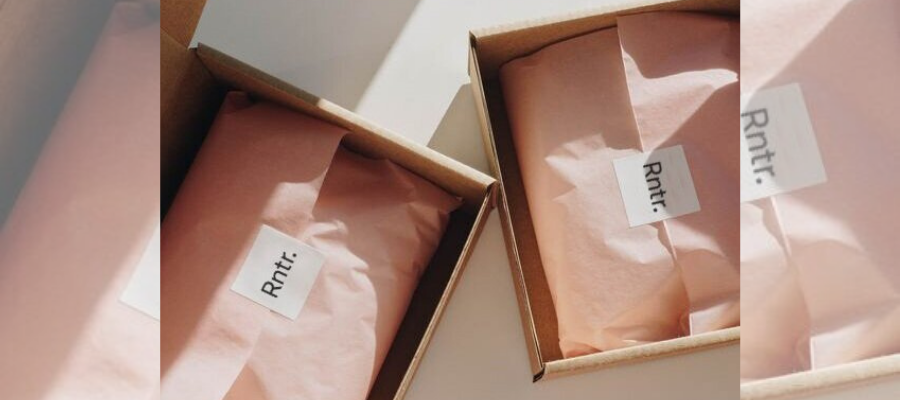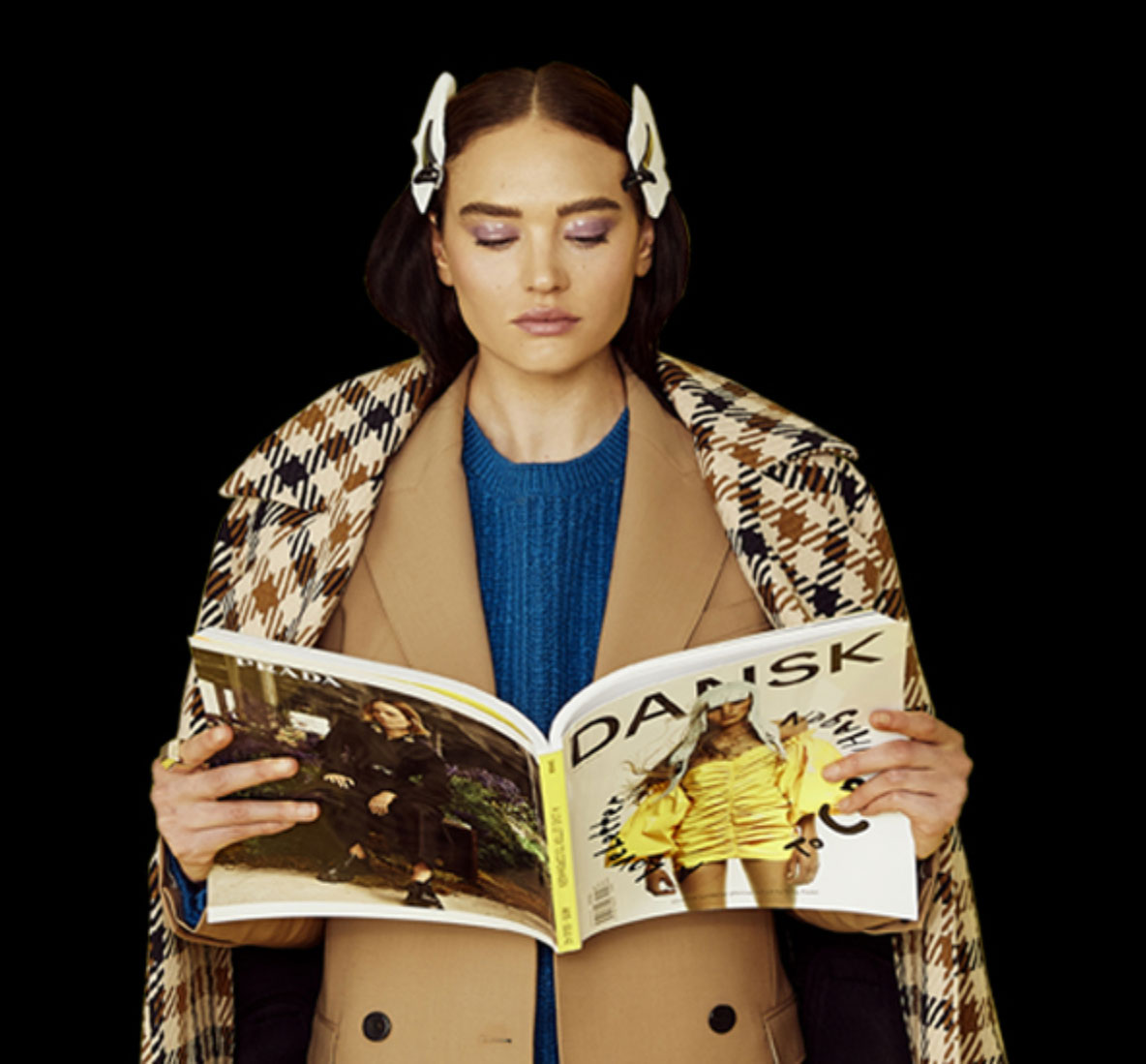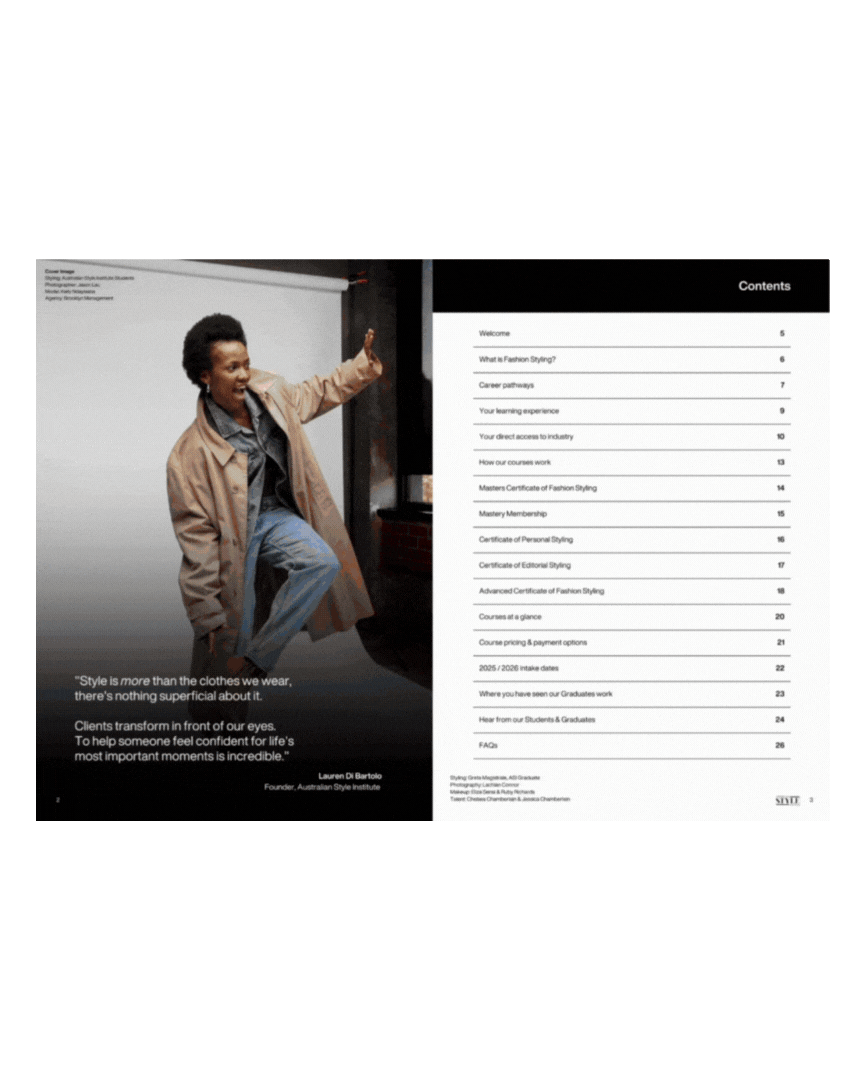Gone are the days of thinking of sustainable fashion as tie-dye explosions or drab, shapeless garments. These designers are paving the way for a new world of fashion without harming the Earth, and we can’t get enough of them!
Lois Hazel
Let’s start the list off right with the super talented Melbourne women’s wear designer, Lois Hazel. Both flattering and also on the path to being 100% sustainable, Lois’s collections all incorporate deadstock, organic and traceable fabrics to ensure minimisation of waste.
Garments are designed to be incorporated into any wardrobe and worn season after season. By designing styles like wrap dresses and basic garments made from stretch organic rib cotton, the designs are not only made to last but are capable to grow and change, just like our bodies do.
Lois Hazel grew out of a desire to be honest in a fashion world of untraceable supply lines and waste. “ I need to know more so that I can offer [customers] a sincere product that comes from a place that is free of deceit, even if it means taking the long road to get there.” Lois extends this transparency to the customer, like breaking down the cost of their Fold shorts.
Lois’s newest collection will be featured at Studio Runway 3 on Friday the 13th March as part of VAMFF Program.
Reformation
With a tagline of “Being naked is the #1 most sustainable option. We’re #2”, it’s clear that Reformation is confident about what they do. And so they should be! Certified fabrics, Green Building certified offices, a transparent factory list… they really are the second most sustainable offer!
Along with creating on-trend looks, Reformation also Offsets their water, waste and emissions usage. By partnering with the Brazilian Rosewood Amazon Conservation Project and the Bonneville Environmental Foundation Water Restoration Program, Reformation has protected 1,000 acres of the Amazon Rainforest from deforestation, contributed 27 million gallons of freshwater to critically dewatered rivers and wetlands in California, and purchased landfill gas offsets in their last quarter.
You can learn more about Reformations commitment to transparency here.
Arnsdorf
Arnsdorf, originally began as your “typical” fashion brand, however, founder Jade Arnott felt unease at the lack of transparency, ethics and waste in the industry. The label was put on hold in 2012.
Then in 2016, a “new approach Arnsdorf” was born; well-considered trans-seasonal collections with a limited run of each garment. These collections tie in perfectly with their permanent collection of wardrobe classics including fitted tees made for luxurious organic fabrics, dresses of linen and perfectly tailored pants.
Each garment is consciously created in its own factory in Collingwood, Melbourne. By bringing most of their business in-house, from design to production, Arnsdorf can continue to be committed to transparency – knowing who made their garments and at what cost.
Arnsdorf will be showcasing their newest collection as part of VAMFF program on Runway 1 and Studio Edit 1. You can also see their garments being made in real life as part of their open factory event on the 11th March.
Mara Hoffman
Around 25% of the carbon footprint of a garment comes from the way we care for it. So it’s no wonder New York City designer, Mara Hoffman, places a huge focus on how to care for their pieces after they have left the factory.
Whether it be a snakeskin print pant (yep, it’s back!) or a minimal organic cotton shirt dress, Mara Hoffman’s on-trend styles all come with their ‘Wear More, Wash Less’ guide detailing how to make the garment last longer, conserve natural resources and keep textile waste out of landfills. Actions like washing in cold water and hang drying increase the life of your garments.
When our garments come to the end of their lifecycle there aren’t many choices other than landfill. Luckily, Mara Hoffman has thought of this too. Once you tire of your tee you can send it back for repair or recycling.
Stella McCartney
Easily a forerunner of sustainability in the fashion world, Stella McCartney has championed ethical fashion from the beginning. As a vegetarian, McCartney chooses not to use any leather or fur in her collections which is a bold move in the luxury fashion sector. Instead, Stella McCartney has introduced leather substitutes like Alter-Nappa, a PVC that uses recycled polyester and renewable vegetable oil.
A partnership with Bold Fabrics is also testing a vegan silk called Microsilk. Inspired by strong spider silk, this high strength yet soft fabric is created in a closed-loop manufacturing process that produces less pollution. A win for all.
Her AW 2017 collection was shot in a Scottish landfill. Yes, a landfill. Choosing to highlight our consumerist culture, McCartney’s photoshoot features models sporting boxy cut suits while draped over rusted cars and surrounded by trash.
“The idea we had … was to portray who we want to be and how we carry ourselves; our attitude and collective path,” said McCartney. “Our man-made constructed environments are disconnected and unaware of other life and the planet, which is why there is waste.”
As you can see, all these designers have a passion to create change. Whether it be creating radical transparency, using alternative fabrics to the industry norm or taking acceptance of your garment at the end of its lifecycle. Actions like these inspire me to seek out the designers doing good.
Want to learn more about how to style sustainably? Check out our courses at Australian Style Institute.
Written by Jenna Flood, Sustainable Style Expert and Education Mentor at Australian Style Institute.
